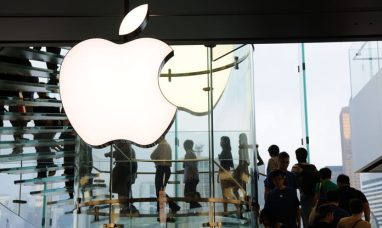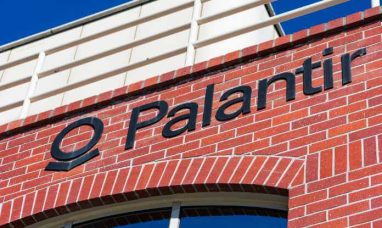The Eli Lilly Weight-Loss Drug Zepbound, alongside the company’s type 2 diabetes medication Mounjaro, has had its production issues resolved, according to a recent confirmation from the U.S. Food and Drug Administration (FDA). This increase in supply means Eli Lilly and Company (NYSE:LLY) can now meet the current demand for these popular medications, marking a turning point for the company in its competitive race within the weight-loss and diabetes drug market.
While the FDA did not specify the exact metrics for assessing demand, it clarified that even with availability, some patients may still face delays in obtaining their prescriptions. The supply update has led to the removal of both Zepbound and Mounjaro from the FDA’s official drug shortage list.
The Implications for Eli Lilly’s Competitors
Eli Lilly’s resolution of its supply issues provides a strategic advantage over Novo Nordisk A/S (NYSE:NVO), a competitor that still faces shortages of its own type 2 diabetes and weight-loss drugs, Ozempic and Wegovy. In recent weeks, this dynamic has led to a subtle but noticeable shift in market share. Jefferies analysts noted that Zepbound’s total prescriptions rose by 1.1% to account for 43.4% of the market in the week of September 27, while Wegovy experienced a 1.2% decline to 55.7%.
This trend signals that Eli Lilly’s improved drug availability is beginning to erode Novo Nordisk’s dominance, particularly as the demand for effective weight-loss and diabetes treatments remains strong. Notably, the steepest losses for Wegovy occurred in its starter doses (0.25 mg), which saw a dramatic 37% week-over-week decrease.
Impact on Compounding Pharmacies
The end of the Eli Lilly Weight-Loss Drug shortage also has significant implications for compounding pharmacies. During the shortage period, compounding pharmacies had the freedom to produce copycat versions of Zepbound and Mounjaro to meet market demand, allowing them to supply these alternatives to medispas, clinics, and online health platforms.
However, with the drugs now off the FDA’s shortage list, compounding pharmacies are required to cease large-scale production within 60 days, although they may still produce limited quantities. This development creates a critical shift, as it diminishes the availability of compounded alternatives that have been a workaround for patients during the supply issues faced by Eli Lilly and Novo Nordisk.
Eli Lilly has taken strong measures to counteract compounding pharmacies’ impact on its market share, including launching its own distribution platform, LillyDirect, aimed at providing direct access to its medications for cash-paying patients. While it remains unclear how much market share compounding pharmacies have seized, Novo Nordisk estimates that up to 20% of patients may be using compounded versions of the drugs.
A Competitive Edge for Eli Lilly
As the shortage of Eli Lilly Weight-Loss Drug Zepbound ends, the company now holds a strategic advantage, not only over Novo Nordisk but also over compounding pharmacies that have served as an alternative source for patients. Eli Lilly’s actions to increase supply and streamline access through platforms like LillyDirect reflect a proactive strategy to reclaim market share and address the growing demand for weight-loss and type 2 diabetes medications.
Additionally, Eli Lilly’s approach emphasizes safety, as compounded formulations can sometimes pose risks to patient safety due to variability in production standards. According to Jefferies analysts, discussions with Eli Lilly’s CFO, Lucas Montarce, revealed that the company is advocating for strong regulatory action from the FDA and state agencies to ensure compliance and patient safety.
Upcoming Developments and Market Outlook
Although specific sales figures for Eli Lilly’s LillyDirect initiative have yet to be disclosed, the company is expected to provide more details in its upcoming earnings report. This will likely give investors a clearer picture of how the improved supply and direct distribution efforts have impacted Eli Lilly’s market share and overall performance.
With Zepbound and Mounjaro back on the shelves, Eli Lilly is poised to strengthen its position in a lucrative market, where demand for weight-loss solutions is rapidly expanding. The company’s strategic response to its supply issues, combined with its efforts to address the presence of compounding pharmacies, sets the stage for potential growth and increased market dominance.
Featured Image: Freepik









